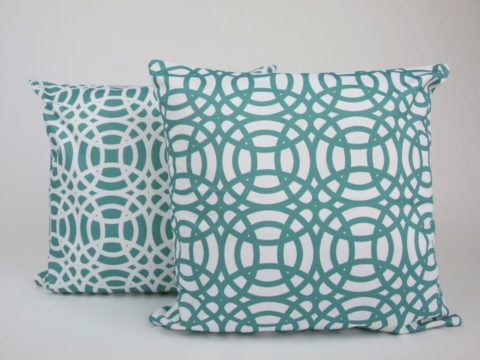Thomas Wolsey: Life Story
Chapter 8 : Arbiter of Europe (1518 – 1522)
Not long after the Treaty of London was signed, Emperor Maximilian died, upsetting the balance of power again. The most likely successor was Charles of Castile, but, as the office of Emperor was elected, not inherited, other men could put their name forward, and Francois I immediately did so.
Henry VIII was also, for a time, mesmerised by the thought of an Imperial crown, but despite some mild efforts and sweeteners by England and some enormous bribes from Francois, Charles emerged, at the age of 19, as the secular leader of Christendom. Wolsey seems to have been half-hearted in supporting Henry's claims, no doubt aware that Charles' election was a racing certainty.
The election of Charles V meant that the power previously divided between the Empire and Spain was now concentrated in a single man. To countervail this, relations with France needed to be improved again. It was agreed that Henry and Francois would meet, and both Kings gave Wolsey the task of organising what turned out to be one of the costliest (and most pointless) junkets in history, the Field of Cloth of Gold. Taking place in June of 1520 at the Val d'Or, near Calais, it was an opportunity for Henry and Francois to meet, and hopefully, forge a personal bond.
Wolsey was, perhaps, naïve, or had forgotten his own youth. There was never any possibility that two young men (30 and 26 years old) both bursting with testosterone and each keen to prove himself as the most chivalrous, brave and successful king in Europe would ever be anything but rivals. The two Queens, Katharine and Claude, seem to have got on well, but Henry and Francois, despite Wolsey's best efforts to keep them from direct rivalry, insisted on an endless game of one-up-man-ship.
Even before the meeting, France was aggrieved because Henry had received a visit from the Emperor Charles in May 1520. Francois assumed, not without reason, that they were plotting against him. His fears were further exacerbated when Henry and Katharine left, not to return home as anticipated, but to cross the border into Flanders to meet Charles and his aunt, the Regent Marguerite, at Gravelines.
Although Katharine's influence with Henry had waned by 1520, they were still on good terms, and Katharine was always going to favour an alliance with her nephew. To be fair to Henry and Wolsey, they resisted Charles' immediate blandishments and did not enter into his latest scheme against France, at this time.
As Francois and Charles moved inevitably towards war again (Charles could not stomach France's supremacy in Milan) Wolsey offered himself as arbiter. Whilst Wolsey had many faults, it seems unfair not to accept that he was a man more inclined to peace and compromise than war and waste. His own self-satisfaction (the son of a butcher to play mediator to an Emperor) no doubt was one of his motives, but a true desire for stability and peace in Europe was there as well.
In Wolsey's own words mediation avoided war and " the consuming of treasure, subversion of realms depopulation and desolation of countries". Only if arbitration failed would England support the country attacked, in accordance with the Treaty of London.
Wolsey journeyed to Calais in 1521 to attempt to reconcile Francois and Charles. Charles refused to attend negotiations at Calais, and would only receive Wolsey if he went to the Emperor at Bruges. His biographers differ on his motivations for events that occurred.
Neville Williams, in " The Cardinal and the Secretary", takes this at face value, and believes that Wolsey's summons by Charles was genuine. Matusiak, on the other hand, suggests that this was a ruse to allow Wolsey to meet with Charles away from the French delegation and negotiate a separate treaty. It was undoubtedly Henry's policy to form an alliance with Charles, but whether Wolsey was deliberately disingenuous at Calais is debatable.
Regardless of Wolsey's inner feelings, an Anglo-Imperial treaty was signed that stipulated that, should France and the Empire fail to make peace by May 1522, England would send an army in support of Charles. The betrothal between Henry's daughter, five year old daughter, Mary, and Francois' son was to be broken off, and she was to marry Charles, when she reached the age of 12.
Once the agreement with England was made, Charles showed himself utterly intransigent on the negotiations with France.
"The more towardly disposition I find in the French party, the more sticking and difficulty be found in (Charles' delegates)" Wolsey wrote in despair.
Whilst acting in his capacity as arbiter, Wolsey surpassed himself with display – dressed in red taffeta, attended by scores of men and surrounded with the costliest plate and jewels. Any glory accorded to his minister reflected well on Henry and this is one of the reasons given by Wolsey for his excessive pomp and magnificence.
He did not seem to understand that embracing the Emperor or the King of France from his mule, as was the prerogative of fellow-monarchs, was not likely to endear him either to them, or to Henry's nobles who would not have dreamed of taking such liberties.



